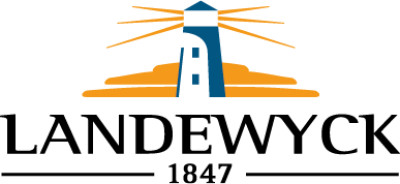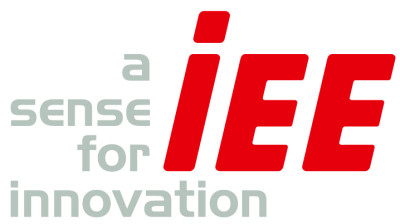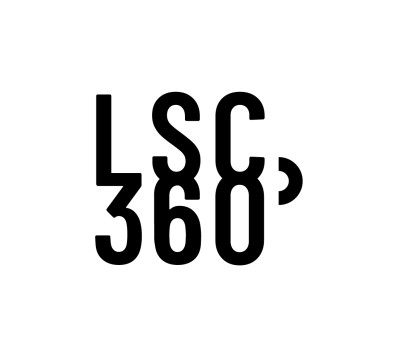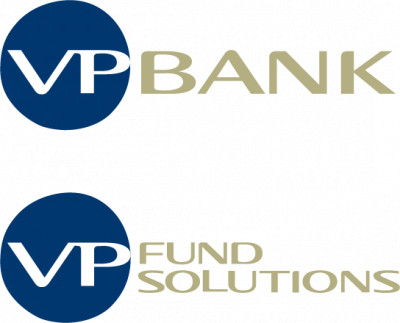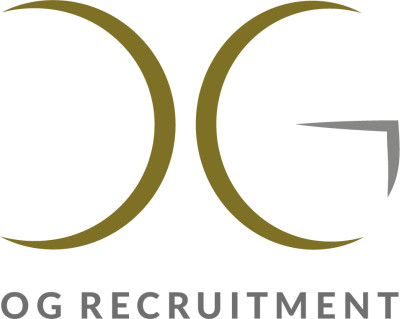In this series of articles, discover various professions you can find in Luxembourg.
The role of a manager
The role of a manager involves coordinating the activities of a team or department to achieve the objectives set by the organisation. A manager acts as a true conductor, motivating employees, organising tasks, and ensuring collective performance while maintaining a harmonious working environment.
Whether as an operational manager, department head, middle manager, or director, this profession requires technical, human, and organisational skills to ensure the success of projects and the satisfaction of stakeholders.
The manager’s responsibilities
A manager can work in various sectors (industry, services, finance, etc.), and responsibilities may vary depending on the organisation. However, the key duties generally include:
- Developing strategies and setting objectives aligned with the company’s vision;
- Supervising, coordinating, and distributing tasks among team members;
- Motivating and supporting employees in their skills development;
- Analysing challenges and proposing suitable solutions;
- Facilitating communication between teams and senior management;
- Monitoring performance using key indicators and adjusting processes if needed;
- Ensuring team cohesion and fostering a healthy and stimulating work environment.
A good manager must be able to combine people management and operational efficiency to guarantee collective success!
Education and skills
Several education programs allow access to the manager profession:
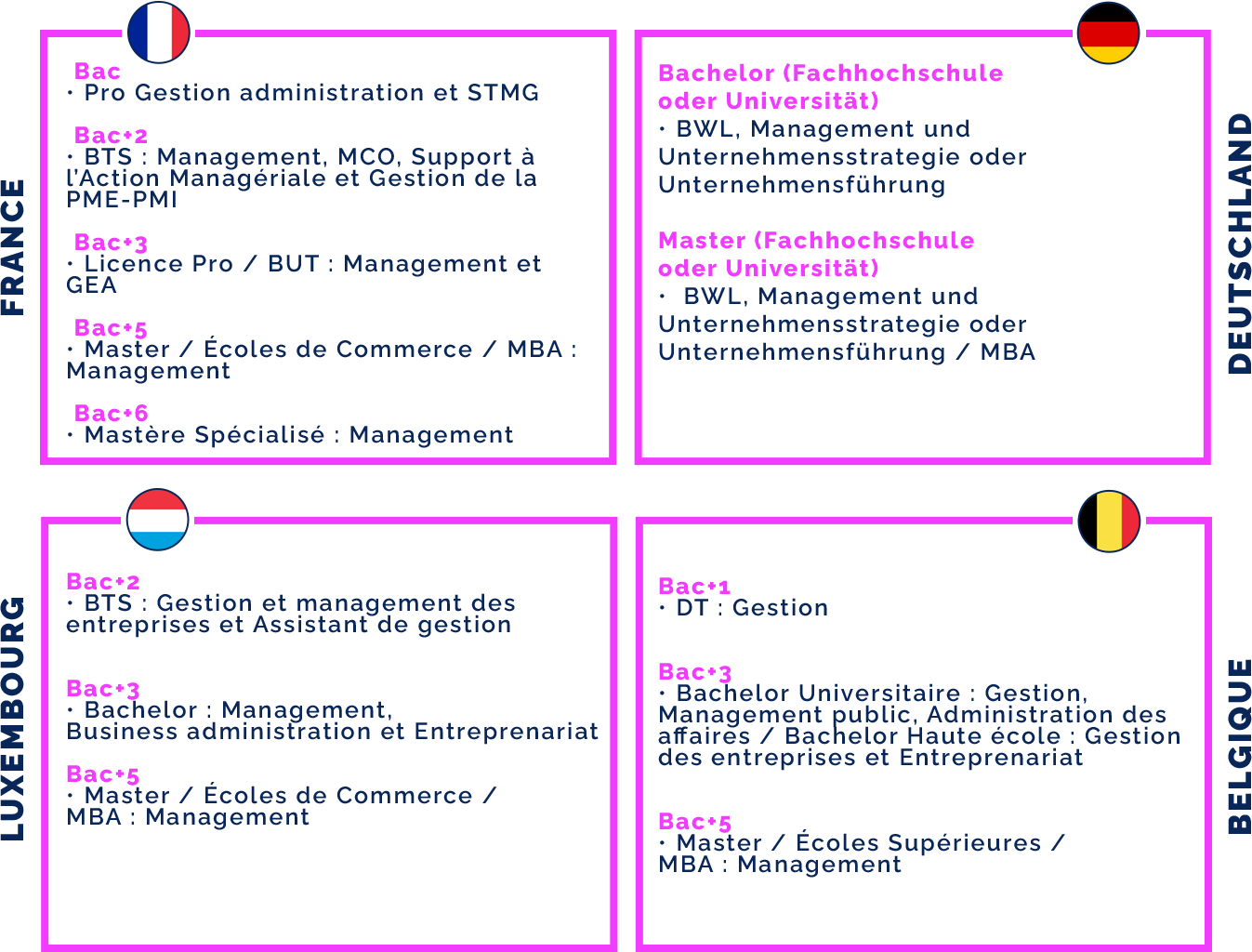
Table showing French, German, Luxembourg and Belgian qualification levels for the manager profession in Luxembourg
Although these academic pathways provide a solid foundation in management, they are not always essential, as someone with several years of experience can acquire the same skills in the field. Moreover, numerous internal training programmes and company support initiatives help develop the necessary abilities to progress into a managerial role.
These training programmes provide the technical and interpersonal skills required to perform this role effectively:
- Leadership: guiding and inspiring team members;
- Organisation: structuring activities efficiently;
- Communication: conveying information clearly and appropriately to different audiences;
- Problem-solving: handling unforeseen challenges and conflicts;
- Strategic thinking: incorporating a global vision into operational decisions;
- Adaptability: quickly adjusting to internal and external changes;
- Proficiency in digital tools: management software, dashboards, and more.
The different types of managers
Industrial manager
An industrial manager organises and supervises production processes to ensure efficiency, quality, and safety. They coordinate teams, optimise resources, and ensure compliance with deadlines and industry regulations. Their role often includes managing equipment, overseeing maintenance, and driving continuous improvement in industrial performance.
SME* manager
An SME manager is often very versatile, combining administrative, operational, and sometimes commercial responsibilities. They coordinate teams, ensure business profitability, and actively contribute to the company’s overall strategy. Their close relationship with employees allows them to quickly adapt to the organisation’s needs and challenges.
Service sector manager
A manager in the service sector focuses on customer satisfaction by coordinating teams and ensuring high-quality service delivery. They optimise internal processes, manage client relations, and ensure that services are provided efficiently while meeting the company’s objectives.
Manager in a large company
A manager in a large company specialises in a specific area, such as finance, human resources, or communications. They implement strategies defined by senior management and ensure their execution within their department. They also work to align their team’s performance with the organisation’s broader objectives.
Being a manager in Luxembourg
Luxembourg’s multicultural environment values managers who can work in international context. Fluency in multiple languages (French, English, German, and Luxembourgish) is a significant asset. Digital and remote management skills are also becoming essential, especially in sectors like finance, industry, and information technology.
In Luxembourg, managers enjoy attractive salaries, which vary depending on the industry, company size, and experience.
At the start of their career, a manager can expect a gross annual salary between €55,000 and €70,000.
With eight or more years of experience, this can increase to between €100,000 and €130,000 gross per year.
Did you know?
Luxembourg stands out for its cultural diversity, meaning managers often work with multicultural teams. With the rise of digital tools, agile management, international project management, and digital transformation skills are particularly valued.
A great manager in Luxembourg is also a leader who can embrace local values while steering teams in a globalised environment.
Discover all manager job opportunities in Luxembourg on Moovijob.com.
If you would like to find out more about jobs in Luxembourg, visit our blog.
*SME: Small and Medium-sized Enterprises: Businesses with fewer than 250 employees, an annual turnover not exceeding €50 million, or a total annual balance sheet not exceeding €43 million.



